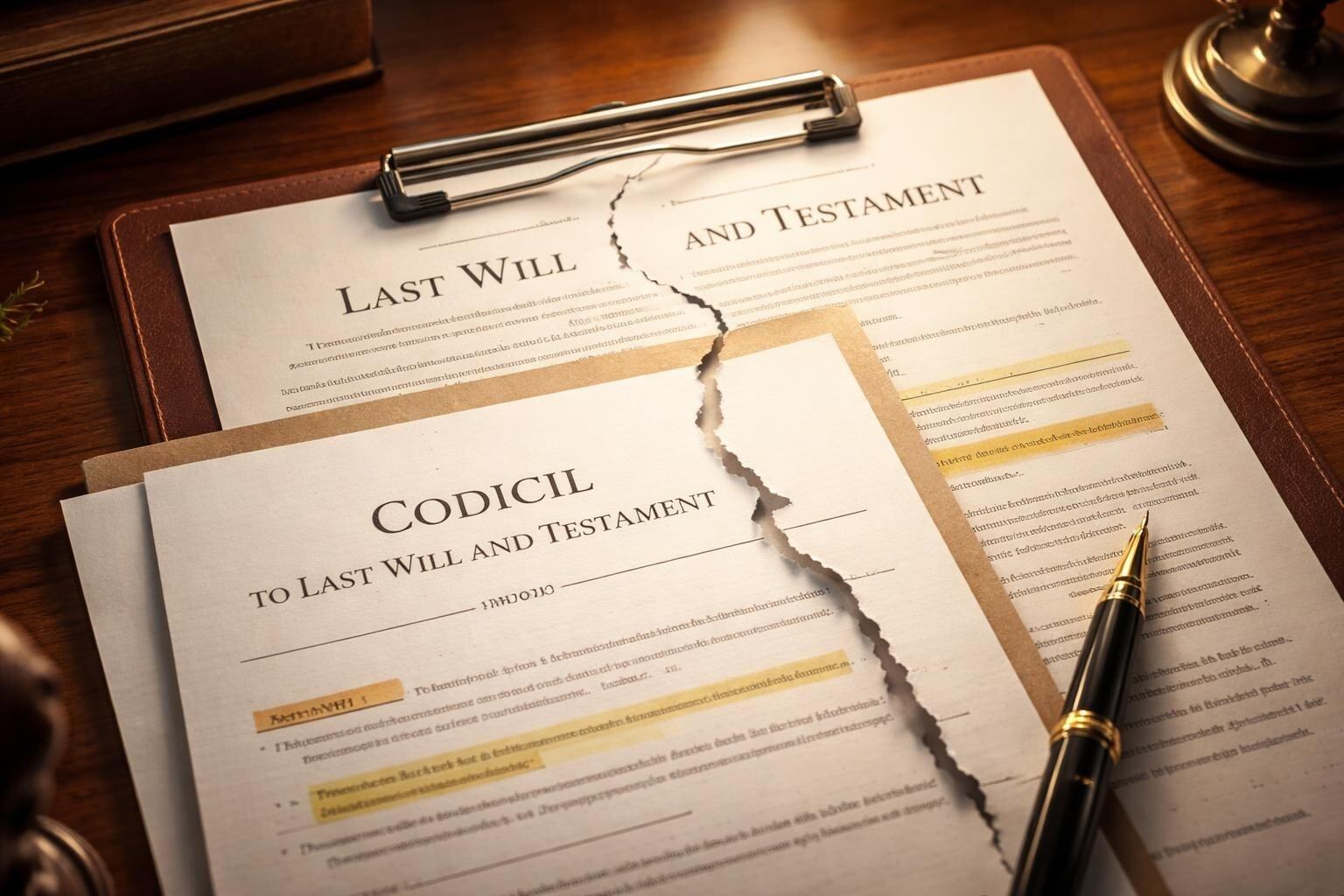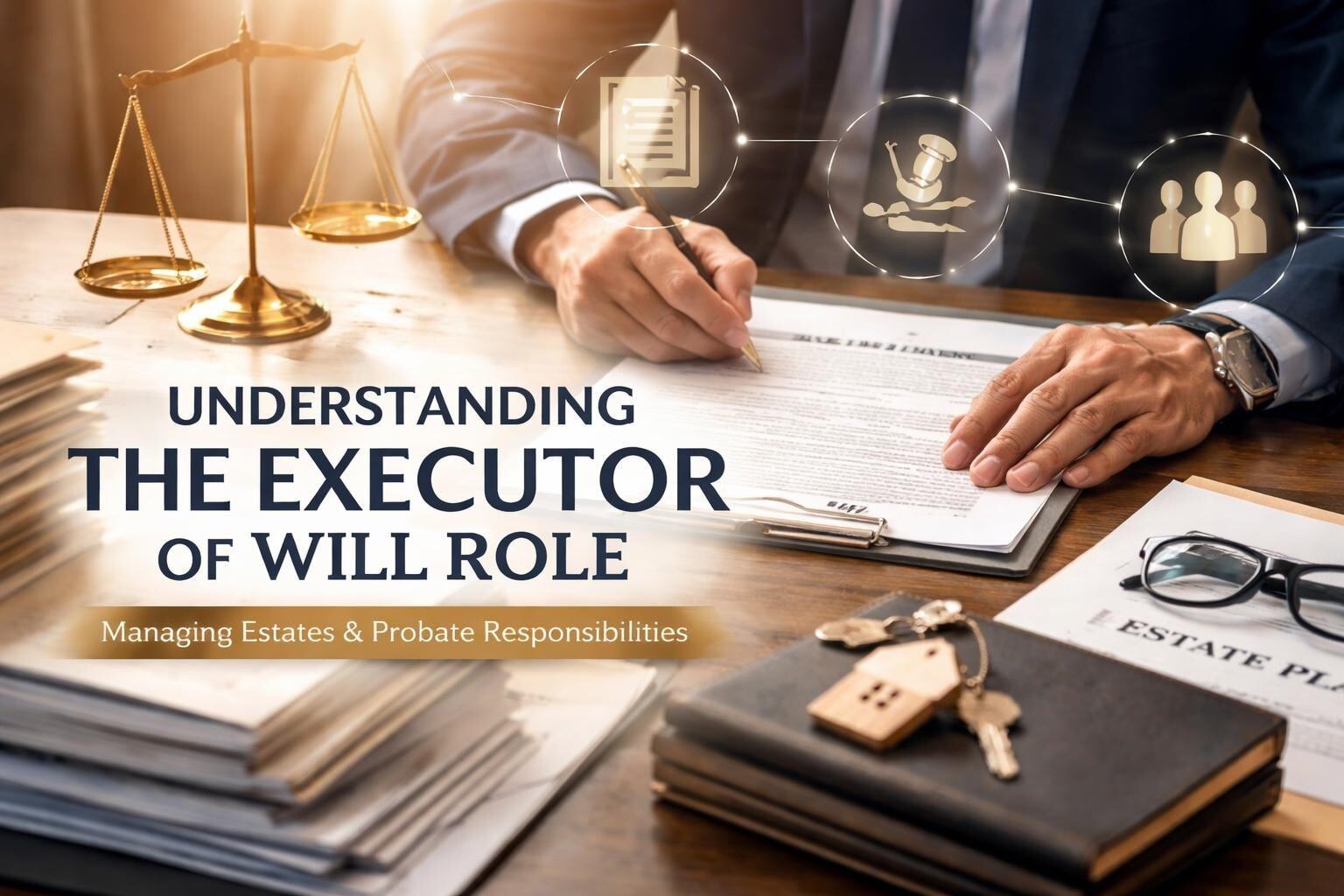Why RUFADAA, Digital Access, and Holistic Tools Now Define the Future of Advising
In 2025, being a financial advisor means more than managing money—it means protecting a family’s entire legacy. But most advisors haven’t caught up.
Consider this:
-
90% of clients say they want help with estate, tax, and legacy planning
-
Fewer than 30% actually receive it
-
And almost none of them are covered when it comes to digital assets, access rights, and emergency readiness
This gap is a liability for your clients—and for you.
Cyberattacks are up 7% year-over-year. AI is accelerating phishing and spoofing threats. And families now hold their most sensitive records—not in file cabinets—but in the cloud, on phones, and across digital wallets and tools.
The problem? Most advisors have no system in place to manage this.
Enter RUFADAA—the Revised Uniform Fiduciary Access to Digital Assets Act. It’s now law in all 50 states, and it spells out exactly what advisors and fiduciaries can access… if the right structure is in place.
Miss that structure, and you could leave your clients’ heirs locked out of everything they’ve planned for—and open yourself to legal exposure.
The days of managing portfolios alone are fading. What clients want today is continuity, protection, and access. And recent headlines in finance and tech prove that digital legacy planning can no longer be treated as optional.
🔐Why RUFADAA Compliance Matters More Than Ever
At the center of this shift is a law you may have heard of but haven’t fully addressed: RUFADAA.
The Revised Uniform Fiduciary Access to Digital Assets Act (RUFADAA) is now the law in all 50 U.S. states. It determines what digital content fiduciaries (like you) can access if a client becomes incapacitated or passes away.
But here's the catch: RUFADAA doesn’t guarantee access by default.
It requires:
-
Explicit legal authorization from the client (in the form of a digital codicil or clause in a will/trust)
-
Use of online tools (like account-specific legacy settings)
-
Fiduciary appointment with proof of intent
Fail to meet those standards? You or the client's family could be locked out of vital digital accounts—banking, crypto, email, even cloud-stored wills. In some cases, you might even be exposed to legal or compliance risk.
Unfortunately, most advisors aren't asking about this—or aren't sure what to do with it if they are.
Digital Assets Are Real Assets
According to Investopedia's recent guide on estate planning, digital assets must now be treated with the same gravity as property, accounts, or insurance:
-
Cryptocurrency wallets with five or six-figure balances
-
Subscription services like Amazon or Netflix that auto-renew
-
Frequent flyer miles, reward points, and digital gift cards
-
Photos and family documents stored in Google Drive or Dropbox
-
Email and social media profiles that often hold financial correspondence or identity-verification links
If a client has any of these—and they do—you need to know how their executor (or you) would access them legally.
Because if you don’t, it’s not just a planning gap—it’s a liability.
Cybercrime, AI, and the Rising Risk
In 2024, cybercrime increased by 7% globally, according to Forbes. AI-driven phishing, social engineering, and identity spoofing are making it easier than ever for bad actors to steal from families at their most vulnerable moments.
At the same time, AI is being adopted in wealth management at record speed. While it adds efficiency, it also opens new questions:
-
How are digital documents and records protected?
-
Can an AI system be legally accountable for access control?
-
What happens to AI-generated financial advice after a client dies or loses capacity?
A recent arXiv.org paper on quantum and AI threats warns that traditional encryption may soon be outdated. That makes zero-knowledge encryption and multi-factor authentication essential tools for any platform you use.
The bottom line? Digital risk is now real, measurable, and accelerating.
What Advisors Can Do Right Now
You don’t need to become an attorney, technologist, or digital asset specialist to keep up. But you do need to make three major mindset shifts:
-
Start thinking holistically
-
Don’t just plan for the money. Plan for what happens to it if no one can find it.
-
-
Make RUFADAA part of your onboarding
-
Ask clients about digital accounts.
-
Help them complete authorizations or include codicils.
-
-
Leverage digital vault technology
-
The right tool can do most of the heavy lifting for you.
-
Look for encryption, automated triggers, and document-sharing logic.
-
Real-World Scenarios You May Face
Still not convinced this is part of your job? Let’s imagine a few common client situations:
Scenario 1: Emergency Hospitalization
A client’s daughter calls during a health emergency. You helped them plan a healthcare directive years ago, but the family can’t find it. It’s saved in an email attachment somewhere—and the client’s Gmail is locked.
With a proper digital vault + RUFADAA compliance:
-
The document is automatically delivered to the daughter or hospital
-
You aren’t liable or stuck trying to reach the client
-
The family sees you as a lifesaver
Scenario 2: Unexpected Death
The client passes. The spouse can't access shared investment accounts because the 2FA codes go to the deceased's email. You’re stuck in limbo.
With a RUFADAA codicil + automation:
-
You legally retrieve what you need or assist the executor
-
Documents are released instantly based on event triggers
-
You protect the client’s wishes and the family legacy
Scenario 3: Gen Z Heir Takes Over
The client’s grandson is now managing the estate. He asks: “Where’s my grandfather’s crypto wallet info?”
If you can answer that question confidently, you’ve earned that family’s loyalty.
👨👩👧👦 Your Clients Are Already Expecting More
Your clients—especially Gen X and millennials—already assume you’re helping them protect:
-
All of their assets
-
Their loved ones
-
Their digital footprint
They don’t want a product. They want a strategy that keeps their lives intact when it matters most.
By offering digital legacy services, even at a basic level, you:
-
Differentiate yourself in a sea of advisors
-
Increase next-gen client retention
-
Reduce legal exposure
-
Build trust that outlives the portfolio
Getting Started: Tools That Bridge the Gap
At some point, the question becomes: how do I offer all of this without turning my practice upside down?
That’s where specialized solutions come in.
One option built specifically for financial advisors is iVaultx by IronClad Family.
Unlike cloud drives or generic tools, it helps you:
-
Store all client estate and financial documents securely
-
Automatically deliver files to the right people during emergencies
-
Ensure RUFADAA compliance with built-in codicil and logging tools
-
Provide zero-knowledge encryption so even IronClad can’t see vault contents
You don’t have to become tech support. You just introduce a tool that keeps your clients covered—while showing them that you’re thinking one step ahead.
Final Thought: This Isn’t Optional Anymore
Advisors used to ask: "Should I offer holistic services?"
Now the better question is: What happens if I don't?
You don’t need to solve everything overnight. But if you're:
-
Reviewing estate plans
-
Helping manage family wealth
-
Talking to multiple generations of a family
...then you’re already in the business of family protection.
And in 2025, that includes digital protection, too.
If you're ready to step up without scaling up, explore tools like iVaultX. They offer a low-lift way to deliver high-impact value, with security, compliance, and peace of mind baked in.
✅Want to learn more about integrating digital legacy planning into your practice?

Michael Lester
I spent years flying Marine Corps combat missions believing I understood America’s role in the world. Today I work in national security and cybersecurity, helping organizations understand risk, resilience, and the systems we rely on. My writing continues the same mission—bringing clarity to complex issues and inviting people to look past slogans so we can understand who we are, what we do in the world, and why it matters.



